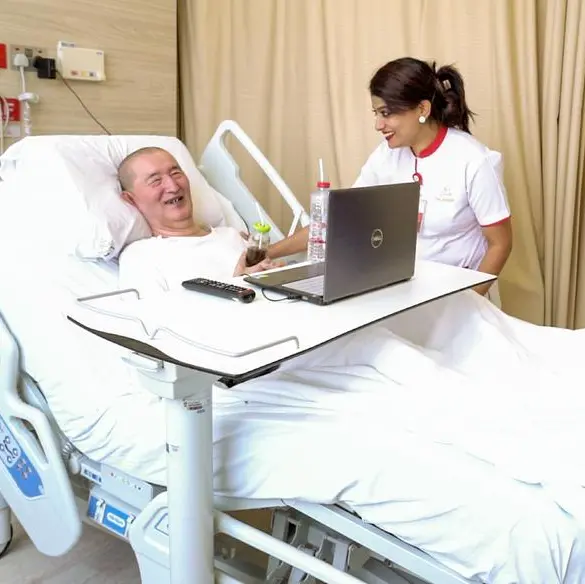ERBIL, Iraq, Nov 15 (Reuters) - The war against Islamic State in Iraq may soon be over but providing humanitarian aid to Iraqis is becoming more difficult as new political and cultural divides open up, the director of the Norwegian Refugee Council (NRC) said.
Jan Egeland also warned that members of the international coalition which helped Baghdad in its three-year campaign against Islamic State could now drastically reduce their humanitarian budget for Iraq following the militants' defeat.
More than 3 million people displaced by Islamic State-related violence in the last three years have still not returned home. A rift between the central government in Baghdad and the Kurds following a September referendum on independence has created a fresh wave of displacement.
"New political, cultural and sectarian divides seem to be popping up," Egeland told Reuters during a visit to Iraq. "There are too many cleavages in Iraq. We don't need more roadblocks and certainly not more violence."
The NRC runs one of the largest foreign aid operations in Iraq.
Islamic State's self-declared caliphate effectively collapsed in July when U.S.-backed Iraqi forces re-took Mosul, the group's de facto capital in Iraq, after a gruelling nine-month battle which reduced much of it to rubble.
Nearly one million people fled Mosul since 2014, but only one third of its residents have so far been able to return, aid groups say.
Iraqi government officials have estimated it will take at least five years and billions of dollars to rebuild Mosul alone.
"There's one thing we should have learned in Iraq - it is that we cannot spend countless billions of dollars on military campaigns and then not spend the smaller sums needed to make it safe for people in the future," Egeland said.
"This is a time of decision-making: will we stay and help people recover and rebuild their lives next year Or will we prematurely think the job is done
The international community must not abandon the millions of people who are still displaced, Egeland said. "That would be not only shameful but shortsighted."
(Reporting by Raya Jalabi; Editing by Raissa Kasolowsky) ((Raya.Jalabi@thomsonreuters.com;))
Jan Egeland also warned that members of the international coalition which helped Baghdad in its three-year campaign against Islamic State could now drastically reduce their humanitarian budget for Iraq following the militants' defeat.
More than 3 million people displaced by Islamic State-related violence in the last three years have still not returned home. A rift between the central government in Baghdad and the Kurds following a September referendum on independence has created a fresh wave of displacement.
"New political, cultural and sectarian divides seem to be popping up," Egeland told Reuters during a visit to Iraq. "There are too many cleavages in Iraq. We don't need more roadblocks and certainly not more violence."
The NRC runs one of the largest foreign aid operations in Iraq.
Islamic State's self-declared caliphate effectively collapsed in July when U.S.-backed Iraqi forces re-took Mosul, the group's de facto capital in Iraq, after a gruelling nine-month battle which reduced much of it to rubble.
Nearly one million people fled Mosul since 2014, but only one third of its residents have so far been able to return, aid groups say.
Iraqi government officials have estimated it will take at least five years and billions of dollars to rebuild Mosul alone.
"There's one thing we should have learned in Iraq - it is that we cannot spend countless billions of dollars on military campaigns and then not spend the smaller sums needed to make it safe for people in the future," Egeland said.
"This is a time of decision-making: will we stay and help people recover and rebuild their lives next year Or will we prematurely think the job is done
The international community must not abandon the millions of people who are still displaced, Egeland said. "That would be not only shameful but shortsighted."
(Reporting by Raya Jalabi; Editing by Raissa Kasolowsky) ((Raya.Jalabi@thomsonreuters.com;))




















